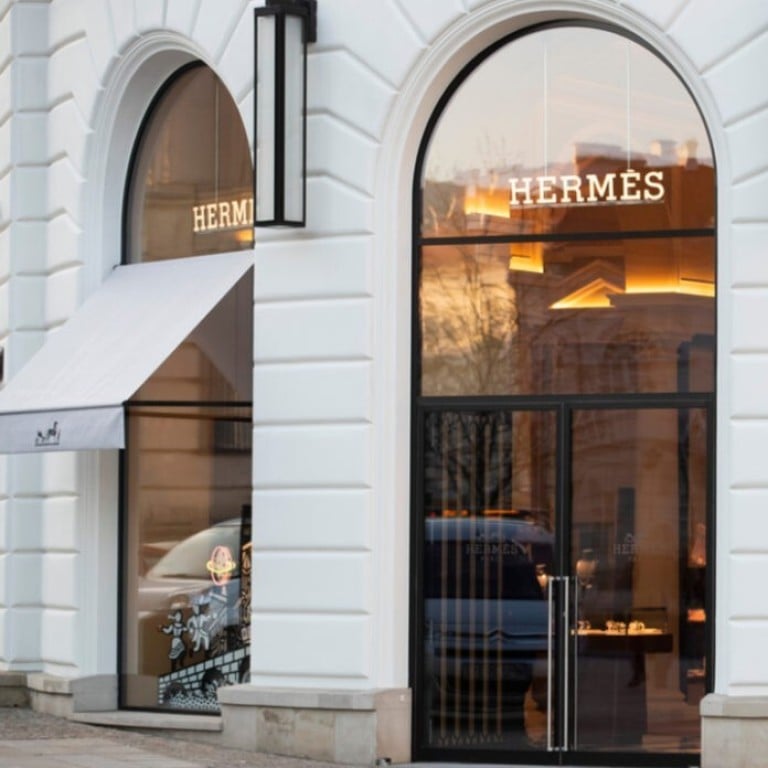Will Chinese shoppers go back to Western luxury brands post-Covid-19? Without tourists, European luxury market looks poised to recover before US

Europe has several advantages over the US when it comes to boosting its luxury sales – a more effective Covid-19 response and playing nice with China are 2 of the big ones
A key factor? Fewer Chinese travellers.
Historically, established markets in the US and Western Europe have been more resilient. However, their responses to Covid-19 have “tarnished the aura of the Western brand,” said Stephen M. Walt, the Robert and Renée Belfer professor of international affairs at the Harvard Kennedy School, the public policy school of Harvard University.
And not all Western luxury markets will bounce back at the same speed. Most luxury brands will be ravaged by the crisis, but some have competitive advantages at their disposal. For example, the continuous appetite for European luxury goods will help the EU market to achieve a faster recovery – and even consistent growth – in the foreseeable future.
On the other hand, American designer brands have to overcome plenty of issues in the current age of anti-Americanism. The adversarial relationship between the US and China and the current administration’s anti-China rhetoric have only exacerbated Chinese indignation and nationalism. As competition for global economic hegemony speeds up and America’s power unravels, American brands are expected to be collateral damage. Even before the US-China conflict, US luxury brands lagged behind their European counterparts.
Loosened quarantine restrictions in the EU have also worked in Europe’s favour. Fox News reports that China and the EU are negotiating to lift travel restrictions. The Council of the European Union states that the agreement is “subject to confirmation of reciprocity”. Meanwhile, the Trump administration may push to extend the travel ban against Chinese citizens, limiting their access to the US.